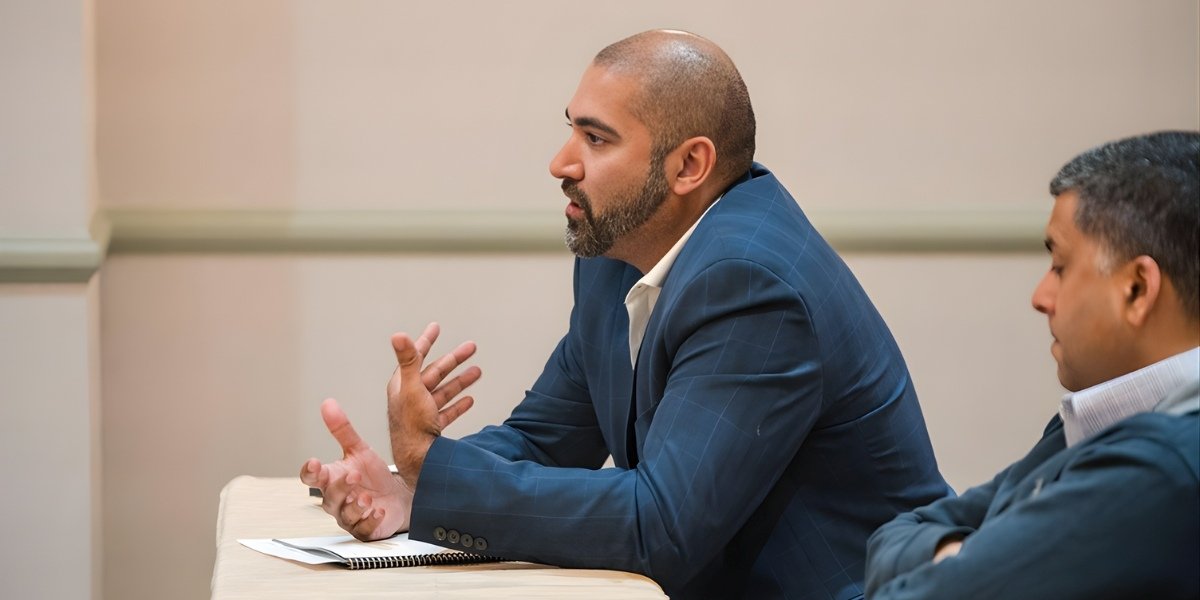The experiential economy is no longer a buzzword—it’s a balance sheet reality. From Coachella to Glastonbury, music festivals are driving billions in revenue and reshaping how public companies monetize entertainment. Investors are paying close attention as live events evolve into scalable platforms for merchandising, sponsorship, and data-driven engagement.
The experiential economy is becoming a core growth engine for media, hospitality, and consumer brands. According to GlobeNewswire, the global live music market is projected to reach $79.7 billion by 2030, growing at a CAGR of 16.1%. That’s not just a rebound—it’s a reinvention. Wall Street is tracking how festivals and concerts are diversifying revenue streams and creating new asset classes in entertainment.
Music Festivals Are Becoming Multi-Revenue Platforms
Gone are the days when ticket sales were the primary income source. Today’s festivals are monetizing every square foot—from branded lounges and VIP tiers to exclusive merchandise drops and food partnerships. According to Growth Market Reports, the music festival market hit $28.7 billion in 2024 and is expected to reach $53.4 billion by 2033.
This shift is attracting institutional capital. Private equity firms are backing festival operators, while public companies like Live Nation and AEG are expanding their portfolios with experiential formats. Sponsorships, licensing, and real-time data analytics are turning festivals into high-margin ecosystems.
Wall Street sees this as a scalable model. With predictable seasonal cycles and strong brand loyalty, festivals offer recurring revenue and cross-platform monetization. That’s why entertainment ETFs and discretionary funds are increasing exposure to live event equities.
Experiential Spending Is Reshaping Consumer Behavior
Consumers aren’t just buying—they’re showing up. The rise of experience-first spending is changing how brands engage audiences. Millennials and Gen Z are prioritizing shared moments over material goods, and festivals are delivering that in spades.
This behavioral shift is influencing retail, hospitality, and media strategies. Brands are launching pop-ups at festivals, testing new products, and collecting first-party data. For investors, this means tracking companies that can convert experiential engagement into long-term customer value.
It’s also driving innovation in loyalty programs and digital integration. From wristband payments to app-based scheduling, festivals are becoming tech-enabled playgrounds. That’s creating opportunities for fintech firms, data platforms, and CRM providers to tap into the experiential economy.
Public Companies Are Betting Big on Live Entertainment

Photo Credit: Unsplash.com
Live Nation’s earnings reports show consistent growth in ticketing, sponsorship, and international expansion. The company’s strategic focus on festivals has helped it outperform broader entertainment benchmarks. Investors are watching how similar firms leverage live events to diversify revenue and hedge against streaming volatility.
Hospitality chains like Marriott and Hyatt are also entering the space, offering branded travel packages and VIP accommodations tied to major festivals. This convergence of travel and entertainment is creating hybrid revenue models that appeal to high-net-worth consumers.
Wall Street is responding with thematic funds and sector-specific strategies. The experiential economy is now a recognized investment thesis, with analysts modeling festival-driven revenue alongside traditional media metrics.
Data Monetization Is the Hidden Engine of the Experiential Economy
Behind the music and lights, data is driving the real value. Festivals collect massive amounts of behavioral data—from purchase patterns to dwell time. This data is being used to refine marketing, personalize offers, and optimize logistics.
For public companies, this means better forecasting and more efficient capital deployment. It also opens doors for partnerships with tech firms specializing in analytics, AI, and audience segmentation.
Investors are increasingly valuing companies not just for their event revenue, but for their ability to monetize data. That’s why experiential platforms with strong digital infrastructure are commanding premium valuations.
Wall Street’s Take: Experiences Are the New Assets
The experiential economy isn’t a niche—it’s a macro trend. As consumers shift toward live engagement, companies are adapting with diversified revenue models that blend entertainment, retail, and tech.
Wall Street is watching closely. The latest continues to shape investor sentiment, but experiential assets offer a hedge against economic uncertainty. They’re resilient, scalable, and aligned with evolving consumer preferences.
Music and festivals are no longer just cultural events—they’re financial instruments. And in 2025, the smartest portfolios are already tuned in.












